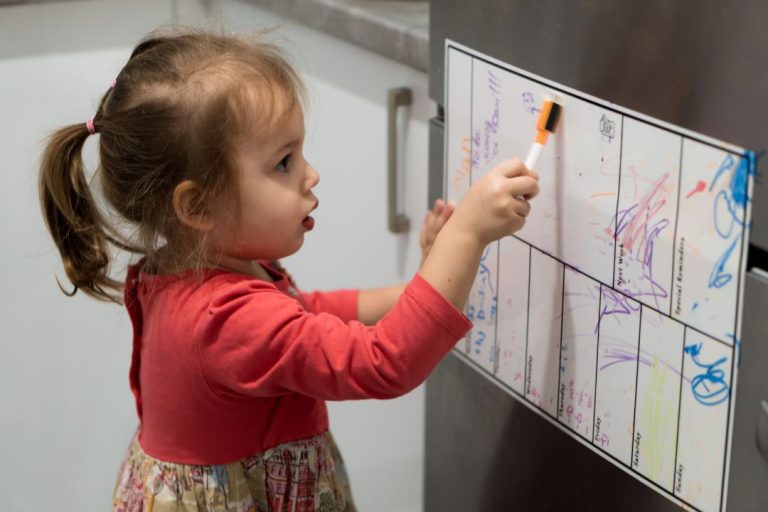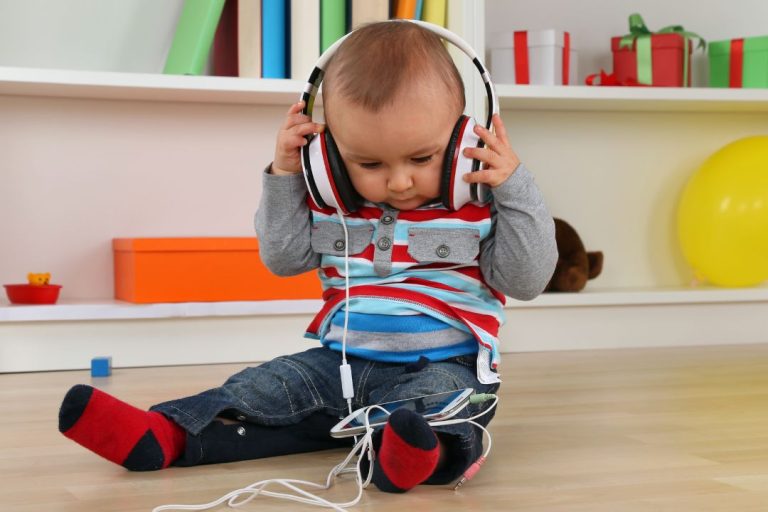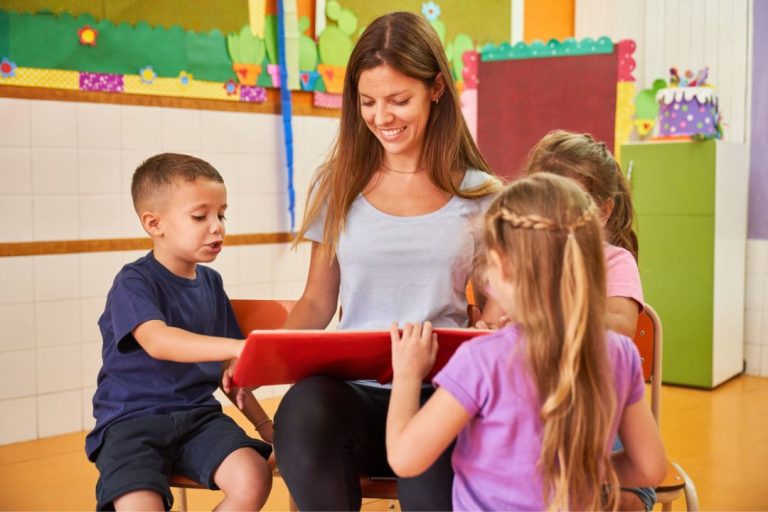Preschool Activities to Develop Fine Motor Skills: Boost Your Child’s Coordination and Dexterity
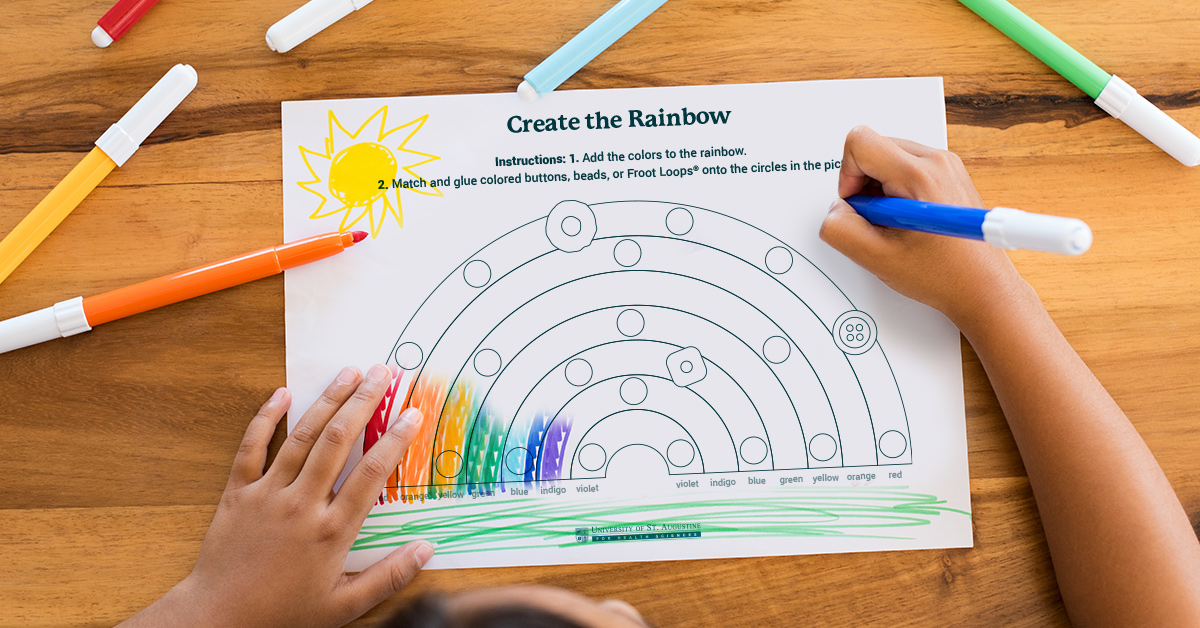
Preschool activities that help develop fine motor skills include playing with building blocks, stringing beads, and coloring. Fine motor skills are essential for a child’s development, helping them with tasks like writing, cutting, and dressing themselves.
Engaging in activities such as playing with playdough, using scissors to cut paper, and completing simple puzzles can greatly enhance a child’s fine motor skills. These activities not only facilitate the development of hand-eye coordination but also strengthen the muscles in the hands and fingers.
By incorporating these activities into a preschooler’s daily routine, caregivers and educators can support the children in honing their fine motor abilities, which are crucial for their overall growth and readiness for school.

Benefits Of Developing Fine Motor Skills At A Young Age
Fine motor skills are essential for children as they lay the foundation for various everyday tasks such as writing, dressing, and feeding themselves. Developing fine motor skills at a young age offers numerous benefits that contribute to a child’s overall physical and cognitive development.
Improved Coordination
Engaging in activities that focus on developing fine motor skills can significantly enhance a child’s coordination. By practicing tasks that require precise hand movements and control, such as threading beads or holding small objects, children can improve their hand-eye coordination and overall body control.
Enhanced Dexterity
Activities designed to develop fine motor skills also boost a child’s dexterity. Through manipulating and exploring various materials such as playdough, pencils, and scissors, children can enhance their ability to manipulate objects with greater control and precision. This not only benefits them in their daily activities but also supports their cognitive development.
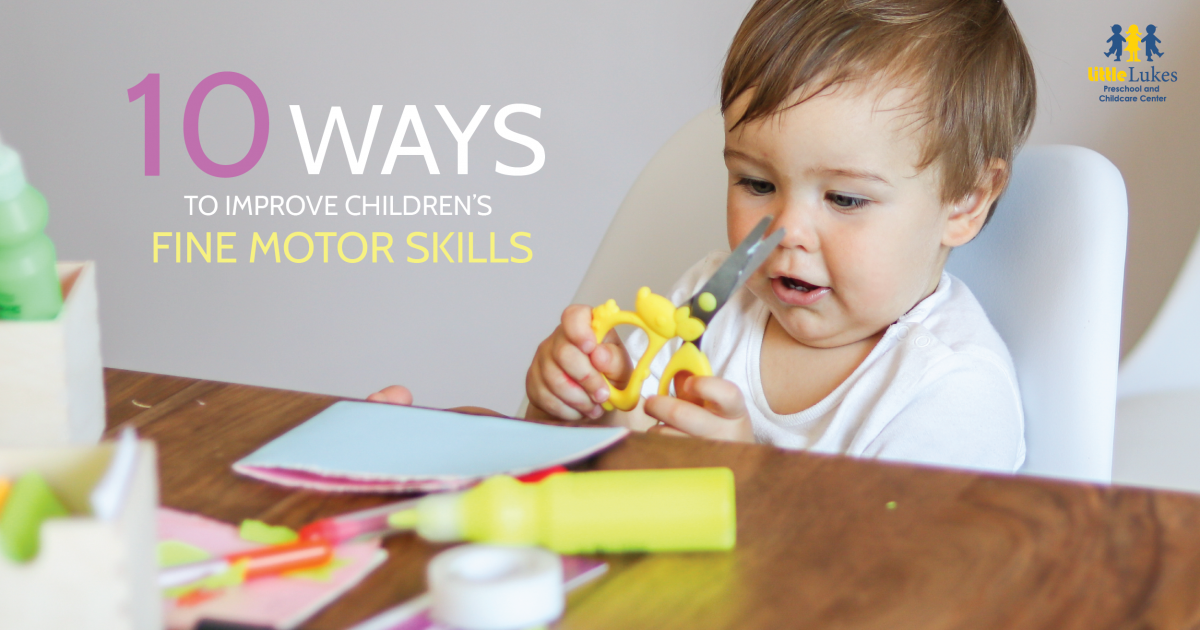
Introduction To Fine Motor Skills
Fine motor skills are crucial for everyday tasks and activities, especially for young children. The ability to perform small, precise movements with the hands and fingers is essential for many important tasks like writing, feeding oneself, dressing, and playing with toys. In this blog post, we will explore various preschool activities that can help develop and strengthen fine motor skills in young children.
Definition Of Fine Motor Skills
Fine motor skills involve the coordination of small muscles in the hands and fingers to perform precise movements. These skills are necessary for activities such as grasping objects, cutting with scissors, tying shoelaces, and writing. Developing fine motor skills in preschoolers lays the foundation for future academic and practical success.
Importance Of Fine Motor Skills In Everyday Life
Fine motor skills play a critical role in the daily life of individuals of all ages. From buttoning a shirt to using utensils during meals, these skills are essential for independent living. In children, strong fine motor skills are essential for handwriting, drawing, and engaging in various play activities that require dexterity and coordination.
Fine Motor Skill Activities For Preschoolers
Developing fine motor skills is crucial for young children as it supports their ability to perform everyday tasks like writing, drawing, and using utensils. Engaging preschoolers in activities that focus on fine motor skill development can enhance their hand-eye coordination, finger strength, and dexterity. In this blog post, we will explore three exciting activities that can help preschoolers strengthen their fine motor skills.
Playdough And Clay Sculpting
Playing with playdough and clay is not only fun but also an excellent way to develop fine motor skills in preschoolers. The squishing, rolling, and shaping motions required when working with playdough and clay help strengthen their hand muscles and improve finger control.
Here are a few ideas to try:
- Create different shapes like balls, snakes, and flowers by rolling and manipulating the playdough.
- Use cookie cutters to cut out various shapes from the playdough and clay.
- Encourage your child to press small objects or buttons into the playdough to create interesting textures.
Stringing Beads And Threading
Threading beads onto strings not only encourages creativity but also helps preschoolers refine their fine motor skills. It requires hand-eye coordination, finger control, and concentration.
Here’s how you can make it more engaging:
- Provide your child with colorful beads and a string. Demonstrate how to thread the beads onto the string.
- Encourage them to create patterns or sort the beads by color or shape.
- Introduce larger beads with bigger holes for beginners and gradually transition to smaller beads as their skills improve.
Cutting And Tearing Paper
Engaging preschoolers in cutting and tearing paper activities not only enhances their fine motor skills but also promotes hand strength and bilateral coordination. These activities provide a great opportunity for children to practice using scissors.
Here’s how to make it more enjoyable:
- Provide your child with child-safe scissors and different types of paper.
- Start with simpler activities like cutting straight lines or tearing paper into small pieces.
- Gradually introduce more complex shapes like circles and squares.
Using Tongs And Tweezers
Using tongs and tweezers can be a playful way to develop fine motor skills in preschoolers. It requires precision and control of the pincer grip, which is crucial for activities like writing and picking up small objects.
Here’s how you can incorporate this activity:
- Provide your child with small objects like cotton balls, pom-poms, or beads.
- Show them how to pick up the objects using tongs or tweezers.
- Create games or challenges, like transferring objects from one container to another using tongs or tweezers.
Diy Fine Motor Skill Activities At Home
Engaging in simple yet effective DIY fine motor skill activities at home is a great way to support the development of your preschooler’s motor skills. These activities not only help your child refine their hand-eye coordination but also enhance their ability to manipulate small objects. In this blog post, we will explore three engaging activities that can be easily created and enjoyed right in your own home.
Kitchen Utensil Sorting
One fun and educational activity that can help enhance your child’s fine motor skills is kitchen utensil sorting. Set up a small table or mat with a variety of kitchen utensils such as spoons, forks, and knives. Encourage your child to sort the utensils based on their shape, size, or function. This activity allows them to practice picking up and manipulating objects while also improving their cognitive abilities and organizational skills.
Button And Zipper Practice
Another DIY activity that promotes fine motor skill development is button and zipper practice. Collect a few items of clothing that have buttons and zippers, such as jackets or shirts. Show your child how to button and unzip the clothing items, and then let them try it themselves. This activity helps improve their finger dexterity, hand strength, and hand-eye coordination, as they work on mastering these essential self-help skills.
Pegboard And Clothespin Games
A pegboard and clothespin game is an excellent way to engage your little one in a fun and interactive fine motor skill activity. Set up a pegboard by attaching various-sized pegs or clothespins to a memo board or wooden board. Next, provide your child with small objects such as cotton balls or pom-poms and let them practice picking up and transferring the objects using the pegs or clothespins. This activity enhances their finger strength, precision, and hand-eye coordination, all while having a blast!
Incorporating Fine Motor Skill Development Into Daily Routine
Discover engaging preschool activities that can easily be incorporated into your daily routine to help develop fine motor skills in young children. These activities are designed to be fun and educational, allowing children to explore and strengthen their hand-eye coordination, pencil grip, and finger dexterity enjoyably.
Mealtime Activities
Mealtime can be a great opportunity to incorporate fine motor skill development into your child’s daily routine. By engaging in simple activities while eating, your child can practice and improve their hand-eye coordination, finger strength, and dexterity.
- Encourage your child to use their fingers to pick up small pieces of food, like peas or cereal, promoting the use of their pincer grasp.
- Ask them to help set the table and place silverware and napkins correctly, allowing them to practice their grip and hand control.
- Use child-safe scissors to cut soft foods, like mashed potatoes or bananas, into different shapes. This activity strengthens their hand muscles and fine motor control.
Bath Time Fun
Bath time offers an excellent opportunity to engage your child in fine motor skill development while they have fun getting clean.
- Provide your child with squeezable bath toys that encourage the use of their fingers and hands.
- Giving your child small containers and cups to pour water can help improve their coordination and grip.
- Use bathtub crayons or washable markers to allow your child to practice their grip and hand control while drawing on the walls or even on themselves.
Frequently Asked Questions For Preschool Activities To Develop Fine Motor Skills
How Can Preschool Activities Help Develop Fine Motor Skills?
Preschool activities such as painting, threading beads, and playing with playdough can help develop fine motor skills by promoting hand-eye coordination, finger dexterity, and muscle strength. These activities encourage children to use their fingers and hands in precise and coordinated movements, which are essential for tasks like writing and buttoning clothes.
What Are Some Examples Of Fine Motor Activities For Preschoolers?
Some examples of fine motor activities for preschoolers include cutting with scissors, lacing cards, building with blocks, and playing with puzzles. These activities encourage the use of small muscles in the hands and fingers, helping children develop their fine motor skills, coordination, and concentration.
How Can I Encourage My Child To Practice Fine Motor Skills At Home?
You can encourage your child to practice fine motor skills at home by providing them with opportunities to engage in activities such as coloring, drawing, playing with building blocks, and using manipulative toys like Legos. Setting aside regular time for these activities and providing a variety of materials can help your child develop their fine motor skills in a fun and engaging way.
Why Are Fine Motor Skills Important For Preschoolers?
Fine motor skills are important for preschoolers as they play a crucial role in their overall development. These skills enable children to perform everyday tasks like holding a pencil, using utensils, tying shoelaces, and buttoning clothes. Developing fine motor skills also enhances hand-eye coordination, concentration, and cognitive abilities, setting the foundation for future academic success.
Conclusion
Engaging in preschool activities can significantly contribute to the development of fine motor skills in young children. By providing ample opportunities for them to explore, manipulate, and practice various activities, such as finger painting, threading beads, cutting, and using play dough, educators and parents can foster the growth of these essential skills.
Through consistent practice and a supportive environment, children can improve their hand-eye coordination, concentration, and dexterity, setting a strong foundation for future academic success.

Emma combines her teaching experience with her writing skills to produce engaging and informative content. She covers a range of topics, from classroom management to innovative teaching techniques.

